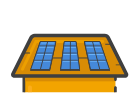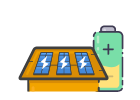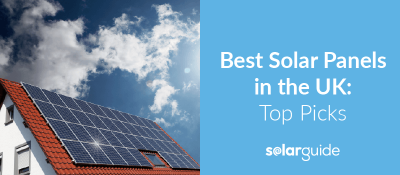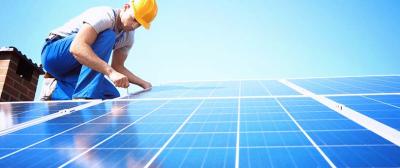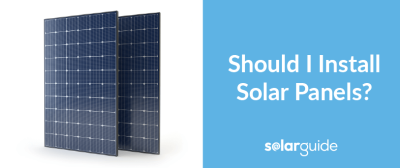Flexible Solar Panels: Pros, Cons and Costs
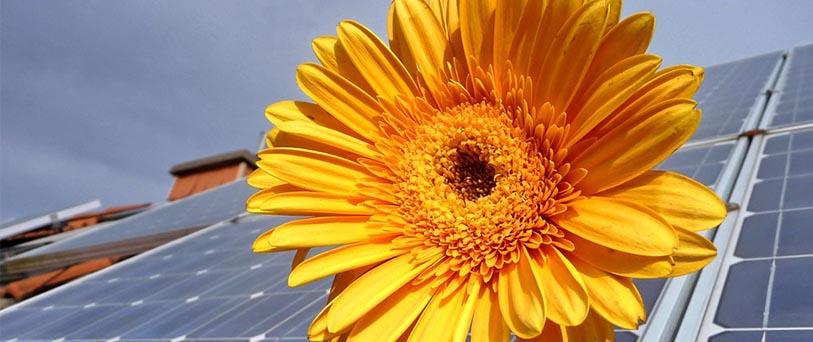
Solar panels are becoming increasingly popular as it becomes more apparent by the day that switching to renewable sources of energy is essential if we want to tackle global warming and save our planet. As a result, solar panel technology is constantly under development to try and improve their efficiency, make them more affordable and their production methods more sustainable.
Flexible solar panels are a more recent evolution of solar PV technology, but just like any other solar PV panel they will convert natural sunlight into usable electricity. Here we look at the pros, cons and costs of flexible solar panels to help you decide if they are the right type of panel for your project.
What are flexible solar panels?
Flexible solar panels are panels of metal, plastic or glass covered in one or more layers of thin photovoltaic film. This makes them a lot thinner, lighter and more flexible than standard solar panels. These features make flexible solar panels easier to move and install and can make them a better option for roofs which cannot support the weight of standard solar panels. They can also be more aesthetically pleasing as they are thinner and their efficiency is not as affected by high temperature or shade.
If you are considering solar panels of any type for your home or business, get in touch with us today. We will provide you with free no-obligation quotes from up to 4 MCS certified (or equivalent) solar installers in your area.
Types of solar panels
There are several types of solar panels but not all are suited to every project or application. The most popular types of solar panels are monocrystalline, polycrystalline and thin-film. Flexible solar panels are a variety of thin-film solar panels.
Monocrystalline Solar Panels
Monocrystalline solar panels are the most efficient and long lasting panels as they are made of the purest cells. This is also why they are the most expensive.
Polycrystalline Solar Panels
Polycrystalline solar panels are made from raw silicon and are faster and cheaper to produce than monocrystalline so are cheaper to buy, but are typically bigger and slightly less efficient.
Thin-Film Solar Panels
There are several types of thin-film solar panels which are made from different materials. Flexible solar panels are just one type and are made from silicon. Thin-film solar panels are generally less costly to buy than monocrystalline or polycrystalline as they are easier to produce. However they do not last as long as other solar panels and are wider than traditional panels so aren't usually recommended for installation on homes.
Pros and cons of flexible solar panels
Pros of flexible solar panels
Wide range of applications: Flexible solar panels can be adapted to suit a range of different installations as they can be shaped to suit the surface. They are a great choice for caravans and campervans.
Lightweight: Flexible solar panels are lightweight and therefore better suited to roofs which can't take much weight.
Portable: They are easy to move from one place to another so are ideal for temporary installations.
Semi-transparent: Thin and flexible solar panels can be semi-transparent which makes them well suited for installation on glass or even as windows.
Less affected by weather conditions: Flexible solar panels are not as affected by heat or shade so can maintain a more consistent level of efficiency and do not need to be installed on south facing roofs.
Durable: Flexible solar panels are made from durable material so are resistant to adverse weather conditions.
Low cost: Flexible solar panels are cheaper to produce and install than traditional solar panels.
Cons of flexible solar panels
Lower efficiency: Flexible solar panels are not as efficient at converting sunlight into electricity as standard panels, although development is ongoing.
Take up more space: Because the layers of PV cells are thinner they need to be spread over a wider surface area and take up more space.
Shorter lifespan: While flexible solar panels are durable they typically have a shorter lifespan than standard panels.
How much do flexible solar panels cost?
Flexible solar panels will vary in cost depending on the quality of the materials and its level of efficiency. Generally the most efficient panels can reach up to 21% efficiency while the cheapest could only reach 13%.
| Approximate Size of Roof | Number of panels | Power capacity | Approximate costs |
| Small (10m2) | 10-20 | 1.8-2 kW | £1,500 – £6,500 |
| Medium (20m2) | 20-40 | 3.5-4 kW | £2,500-£12,500 |
| Large (30m2) | 30-60 | 5.2-6 kW | £4,000-£20,000 |
Looking for flexible solar panels?
If you are interested in flexible solar panels it's best to compare several quotes to ensure you are getting both the best price and the right type of panel for your project. Send us an enquiry today and we'll put you in touch with up to 4 MCS certified (or equivalent) installers in your area. They will provide you with free no-obligation quotes for you to compare.
Find local, MSC certified Solar Installers
Start your quote
Find local, MSC certified Solar Installers






